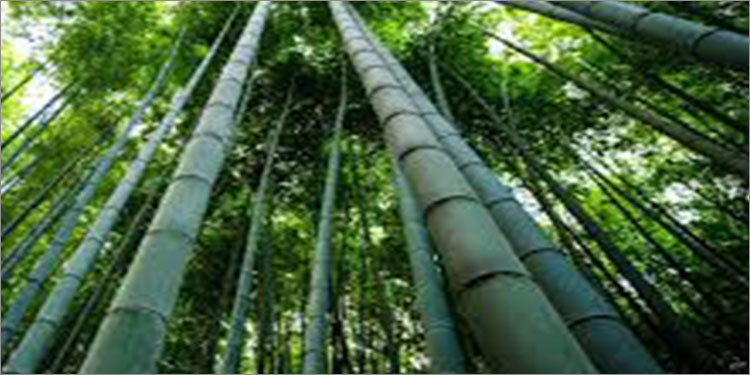
Moso bamboo (Phyllostachys edulis), globally prized for its strength and versatility, is ideal for construction, furniture, and textile production. While it thrives in temperate climates, Africa’s highland regions, such as Ethiopia, Kenya, and Uganda, may support its cultivation. Other species, like Dendrocalamus asper and Bambusa balcooa, are better suited to Africa’s tropical and subtropical climates. These clumping bamboos are highly productive and cater to diverse industries, including construction, biomass, and handicrafts. Guadua angustifolia and Bambusa vulgaris are also valued for rapid growth and adaptability.
Bamboo’s structural strength makes it a sustainable, cost-effective alternative for building materials, including scaffolding and flooring. It also offers renewable energy solutions, with bamboo charcoal burning cleaner than traditional options and biofuel production supporting Africa’s shift to renewables. Additionally, bamboo’s natural properties make it ideal for artisan products, biodegradable packaging, and paper production.
Beyond its economic benefits, bamboo is a powerful tool for environmental conservation. It absorbs carbon dioxide faster than most trees, helping mitigate climate change. Its dense roots stabilize soil, reduce erosion, and store water, making it drought-resistant in arid regions.
With support from organizations like INBAR, African nations are investing in bamboo industries, unlocking its potential to create jobs, drive sustainability, and transform economies. Bamboo is poised to become Africa’s next big opportunity.
